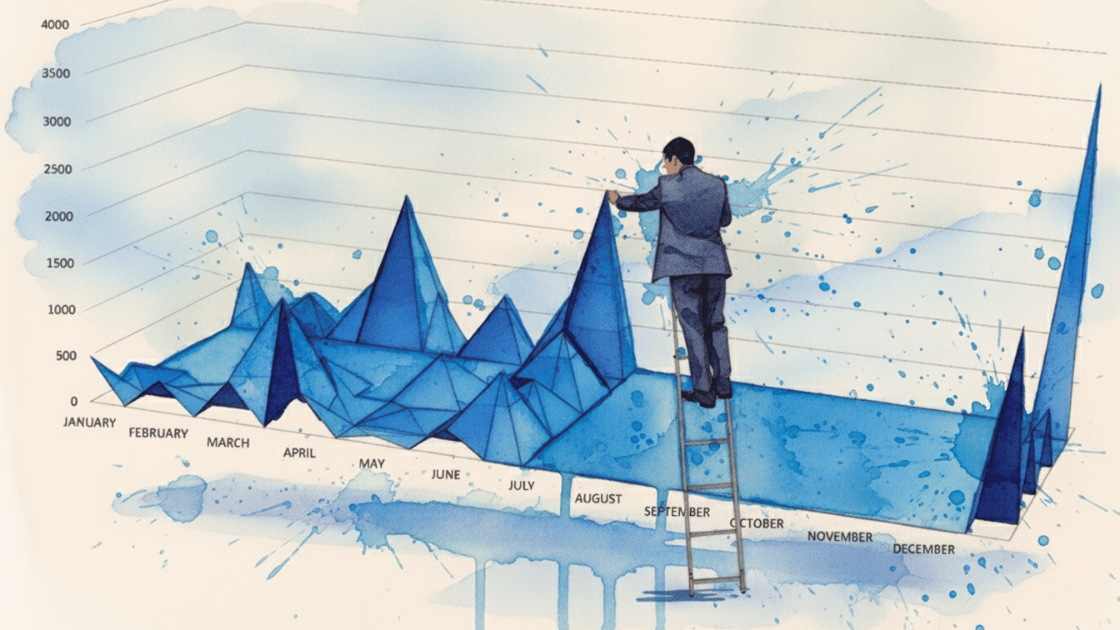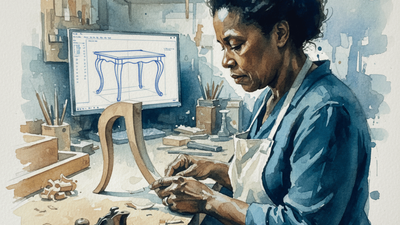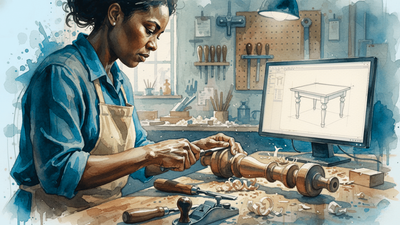Has Walmart Triggered the Tipping Point for AI?

Walmart recently became a launch partner for OpenAI's new certification platform as part of their "Skills-First Working Initiative". This is a new model of collaboration in which employers define a common skills language, and apply an integrated technology and training approach to embed it into their systems. But why is it significant?
When the world's biggest private employer is building AI capability directly into its workforce, from frontline associates to corporate teams, it's a bold affirmation that the AI revolution is here to stay.
As John Furner, CEO at Walmart US says: "We know the future of retail won’t be defined by technology alone - it will be defined by people who know how to use it. By bringing AI training directly to our associates, we’re putting the most powerful technology of our time in their hands, giving them the skills to rewrite the playbook and shape the future of retail."
That language matters, as it points to a much bigger shift.
For decades, we tolerated internal friction as the price of growth. Departments, approvals, and handoffs were built to manage complexity. But at what cost? McKinsey shows fixing this friction can deliver 10-15% revenue growth, yet Atlassian found knowledge workers still waste a quarter of their time navigating internal systems.
AI changes the equation. Small, augmented teams can now deliver what once required entire departments. Expertise can scale without bottlenecks. When a behemoth like Walmart responds this decisively, it marks a tipping point other leaders cannot afford to ignore. The companies that win won't be the ones who deploy AI the fastest. They will be the ones who redesign their core architecture around what AI makes possible.
This Wednesday, I'm releasing my executive briefing on this challenge. It details a vision for a new organisational operating system designed to build AI-readiness from the ground up, moving from rigid hierarchy to a dynamic, modular architecture that thrives on volatility.
It's called the Forest-Orchard Resilience System (FORS).
To quote Walmart CEO, Doug McMillon: "I think as we all work to learn and navigate the future towards a world where AI fulfils its promise, the best way to do that is to work together and to share information and learn together."
Look out for tomorrow's post in which I'll share five specific organisational shifts that separate AI-ready companies from those still optimising the old model.
Subscribe to the FORS Report
Be the first to know - subscribe today





Member discussion